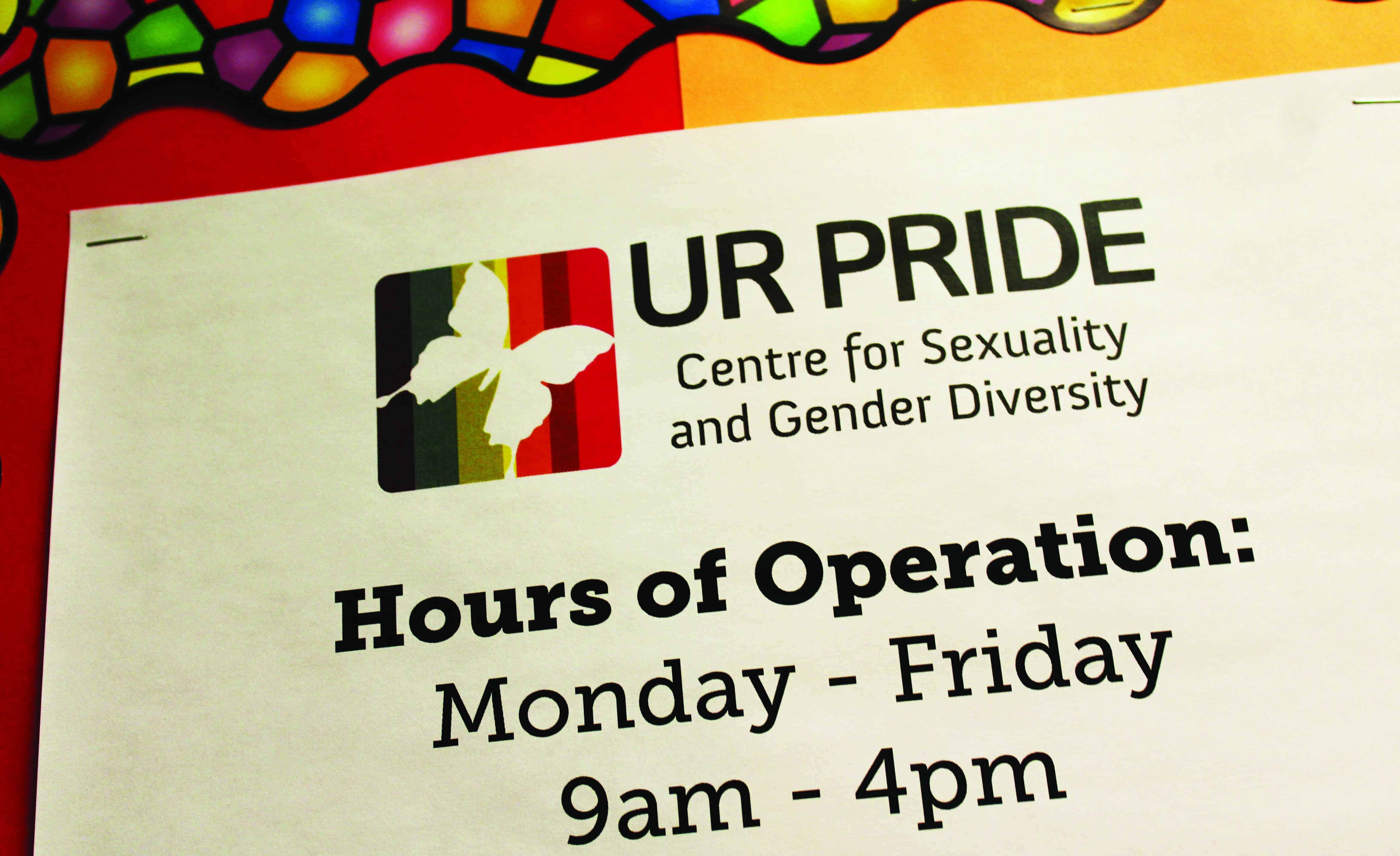The Threat to Your Vote

Will students’ ballots be shafted by new elections law?
The Conservative Party’s elections bill is an exercise in limiting the ability of the Canadian people to participate in the democratic system. The Conservative government is hindering the development of any future parties by increasing the amount of money an individual may donate to a political party annually. Canada’s working class could not afford to contribute to the previous annual limit of $1200; how are they expected to contribute the new maximum? Under capitalism in its modern form, the working class is deprived of its ability to create wealth independent of the state and global capital. This dependence allows the state to ignore the plight of these people who are unable to muster any sort of real political power, which is increasingly tied to economic power.
The elimination of the per-vote subsidy further limits the ability of the poor to affect the political process going forward. While the federal New Democrats fight for the centre-right with the Liberal Party, the concerns of the country’s expanding poor population will continue to go unheard in Parliament. This subsidy obviously would not have a great impact for the poor under the current first-past-the-post system, but over time such systems combined with other progressive reforms open the political system to a more diverse group of parties.
The elections bill institutes a harsher voter identification regime designed to disenfranchise the transient, poor, and student population of Canada, two demographics whose interests are not aligned with the Canadian state. Under the guise of eliminating voter fraud, the act will bar citizens from vouching for one another’s eligibility. The process of vouching would be replaced by mandatory identification stating the address of the individual. Such a measure will effectively bar transient populations whose identifications rarely match their residence, including students who study away from their hometown. The Conservative attack on Canada’s students is not just a federal problem; it trickles down to Brad Wall’s Saskatchewan Party, who continue to deprive our universities of needed funding.
The media has largely disregarded the implications this act will have on First Nations people in Canada, whose treaty identification does not include an address. Status First Nations people without a passport or driver’s license will be prevented from voting in a federal election under this act, reversing much of the progress made for First Nations people in recent decades. This is another instance of the objective violence committed by the Canadian state against its neo-colonial population.
The working class of Canada has little hope under the present or future electoral regime if lax campaign finance laws and systemic voting restrictions remain in place. Canada’s working class must build alternatives to the forms of power allowed under the modern state, rather than placing their hopes in a system of violence directed against groups based on race, class, and gender. Canada’s students and working class must struggle together against the depredations of reactionary politics and capitalism as hope for both lies in establishing a more just and progressive Canadian society.









